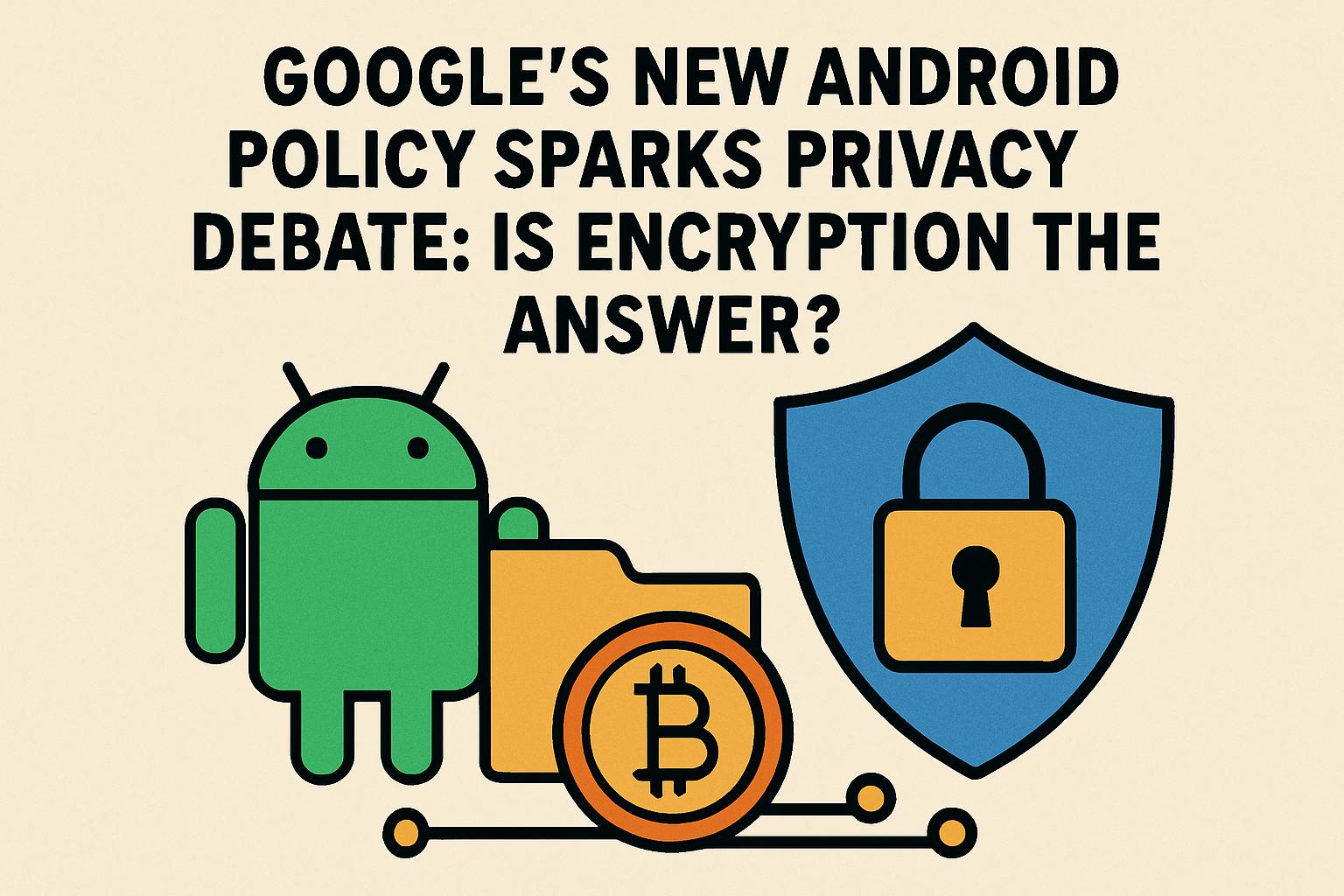In a bold move that has sent ripples through the tech community, Google has announced a new policy effective from August 25, 2025, mandating all Android app developers to verify their identities before their apps can run on certified devices. This sweeping change applies not only to apps in the Google Play Store but also to side-loaded APKs from platforms like GitHub.
A Shift in Strategy: From Open to Controlled
This policy marks a stark shift from Android’s traditional stance as an open platform, drawing comparisons to Apple’s walled garden approach. Google justifies the change citing security concerns, noting that malicious apps are significantly more prevalent among side-loaded apps compared to those from the Play Store. The tech giant asserts that identity verification acts as a safeguard against these threats.
However, critics warn that this policy centralizes control over Android devices, potentially allowing Google to unilaterally block apps for political or economic reasons. Such power dynamics pose a direct threat to the digital freedoms of billions of global users.
Privacy at Stake for Developers
The new identity verification requirement means that developers could see their personal data—including sensitive information like legal names and ID numbers—exposed to risks. Each data transfer increases the danger of breaches and datasets winding up on the dark web. Google’s policy not only allows it to control app access but also to gather an extensive database of developer identities, raising concerns about privacy and data monetization.
This poses particular challenges for independent developers and startup engineers, often working remotely from regions like Eastern Europe or Southeast Asia. Such individuals may face difficulties meeting these stringent identity checks, obstructing their access to global markets through the Play Store.
The Ownership Paradox: Is Your Device Really Yours?
The policy has sparked ethical debates about the very nature of device ownership. If developers and users lack control over the apps they can run, it’s unclear whether devices remain personal property. Google’s approach contrasts sharply with the open customization that has defined Android, especially in emerging markets where it competes with Apple’s offerings.
Encryption Community Offers a Way Forward
The battle between platform control and user freedom is not new, and the global tech community is gearing up for this latest challenge. The Cypherpunks, a group advocating for cryptographic solutions since the 1990s, offer alternative approaches to centralized identity verification. Techniques like PGP and Web of Trust could allow developers to verify app authenticity without revealing personal details.
To counter Google’s centralization, projects like Zapstore, supported by Opensats, are developing alternatives based on encryption and trust networks. GrapheneOS and F-Droid offer decentralized application management and developer signature verification, further proving there’s more than one way to protect applications and user privacy without centralized oversight.
The Path Ahead: Regulation and Rebellion
Google’s pivot towards a more Apple-like governance model might simply be a reaction to increasing regulatory pressures from governments worldwide. Yet, it undeniably challenges open-source principles and digital liberties. As debates continue, nations like the European Union and India might weigh in, potentially reshaping the policy landscape. Regardless of the outcomes, digital privacy remains a vital issue in the modern democratic discourse.

![[News] Bitcoin at a Turning Point? 10x Research Signals a Bullish Macro Shift Ahead](https://cryptoexplores.com/wp-content/uploads/2025/06/new20250616.jpg)
![[News] Binance Lists $HOME, the Gas-Free, Bridge-Free All-in-One DeFi App](https://cryptoexplores.com/wp-content/uploads/2025/06/news20250617.jpg)